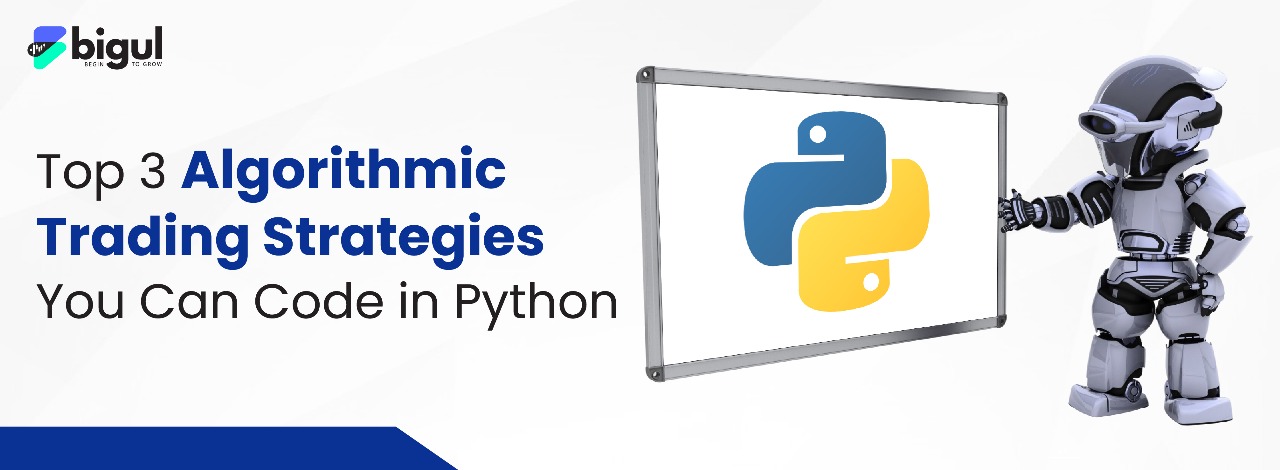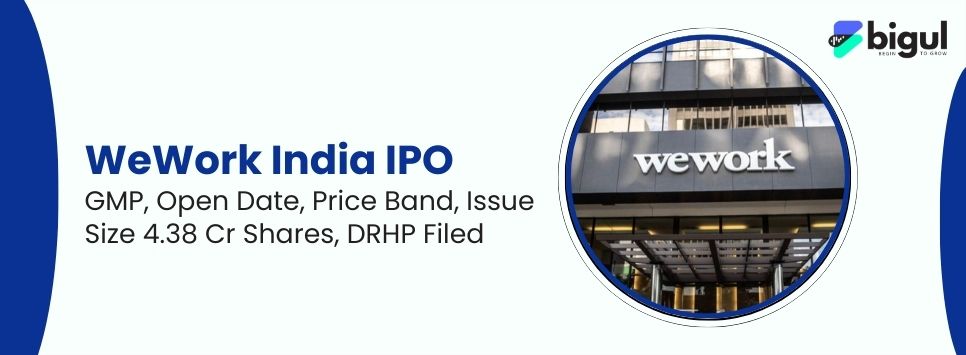If you’re interested in online trading and investing in the stock market, it’s essential to understand the different types of traders out there. Every kind of trader approaches the market with a unique mindset and strategy, and knowing which one you are can help you make more informed trading decisions.
First, to understand what type of trader you are, know what trading is. Trading refers to buying and selling financial instruments, such as stocks, bonds, commodities, and currencies, to make a profit. Trading can be conducted in various ways, including through exchanges, over-the-counter (OTC) markets, or online trading platforms.
Traders typically use different strategies and approaches to profit from market movements, including fundamental analysis, technical analysis, or a combination of both. Some traders may hold positions for a short period, while others may hold positions for longer.
Trading involves risk, and traders need to clearly understand the markets they are trading in, the risks involved, and the strategies they are using. In addition, traders may need to use various tools and techniques, such as stop-loss orders to manage risk and limit potential losses. Trading can be an exciting and potentially lucrative activity, but it requires discipline, knowledge, and a willingness to take on risk.
What Type of Trader Are You – Know Here
Let us explore the five main types of traders: fundamental traders, noise traders, market timers, sentiment traders, and arbitrage traders. We’ll discuss what each kind of trader does, their strengths and weaknesses, and how to determine which one you are.
- Fundamental Trader
A fundamental trader uses financial statements, economic indicators, and industry trends to evaluate the intrinsic value of a stock. They believe that the stock market can be rational and that the underlying fundamentals of a company will eventually determine its stock price. Fundamental traders tend to have a long-term perspective on the market and often hold positions for months or even years. They’re looking for undervalued or overvalued stocks based on their intrinsic value and are not as concerned with short-term price movements.
Strengths: Fundamental traders tend to deeply understand the companies and industries they invest in. They’re less susceptible to short-term market fluctuations and tend to have more patience and discipline when holding positions.
Weaknesses: Fundamental traders can sometimes miss out on short-term trading opportunities, and they may struggle to adapt to rapidly changing market conditions.
- Noise Trader
A noise trader makes trading decisions based on short-term market movements, news headlines, and rumours. They tend to focus more on a stock’s price action than its underlying fundamentals. Noise traders are often characterised by their willingness to take on high levels of risk, and they may make quick trades based on gut feelings or hunches. They’re more likely to engage in day trading or short-term trading strategies.
Strengths: Noise traders can sometimes capitalise on short-term market inefficiencies and make quick profits. They may also be less likely to get emotionally attached to a stock, which can be an advantage when it’s time to cut losses.
Weaknesses: Noise traders can make impulsive decisions and take on too much risk. They may also struggle to remain disciplined in the face of market volatility.
- Market Timer
A market timer tries to predict the timing of market cycles and make trading decisions based on those predictions. They may use technical analysis, historical patterns, or other indicators to determine when to buy or sell stocks. Market timers may hold positions for days or weeks, but they’re usually more focused on short-term market movements than fundamental traders. They may switch between long and short positions frequently, depending on their predictions of market movements.
Strengths: Market timers can sometimes capitalise on short-term market trends and make quick profits. They may also minimise losses by exiting positions before a market downturn.
Weaknesses: Market timers can be prone to making inaccurate predictions, resulting in losses. They may also be susceptible to psychological biases such as overconfidence or believing that the market will always move in a certain direction.
- Sentiment Trader
A sentiment trader makes trading decisions based on market sentiment, which refers to market participants’ overall mood or attitude. They may look at indicators such as investor sentiment surveys, news headlines, or social media sentiment to determine the market’s overall sentiment.
Sentiment traders may use a combination of fundamental and technical analysis to make trading decisions, but they’re primarily focused on the overall mood of the market. They may hold positions for days or weeks but are usually more focused on short-term market movements than fundamental traders.
Strengths: They have strengths in emotional awareness, anticipating market movements, and valuing fundamental analysis. Despite potential risks, they can use their emotional intelligence to make informed trading decisions.
Weakness: They can be overly influenced by emotions and may not deeply understand the market fundamentals. Market sentiment can be fickle and unpredictable, and false signals can mislead sentiment traders.
Conclusion
In conclusion, understanding what kind of trader you are can help you make more informed decisions while trading online and investing in the stock market. Each type of trader has strengths and weaknesses, and no approach is foolproof. It’s essential to consider your personality, risk tolerance, and investment goals when determining which type of trader you are. Whether you’re a fundamental trader, noise trader, market timer, sentiment trader, or arbitrage trader, always remember to do your due diligence and invest with discipline and patience. With the right mindset and strategy, you can become a successful online trader and grow your wealth over time. And having a Demat account is the first and foremost requirement for an individual to participate in the stock market.







.jpg)
.jpg)
